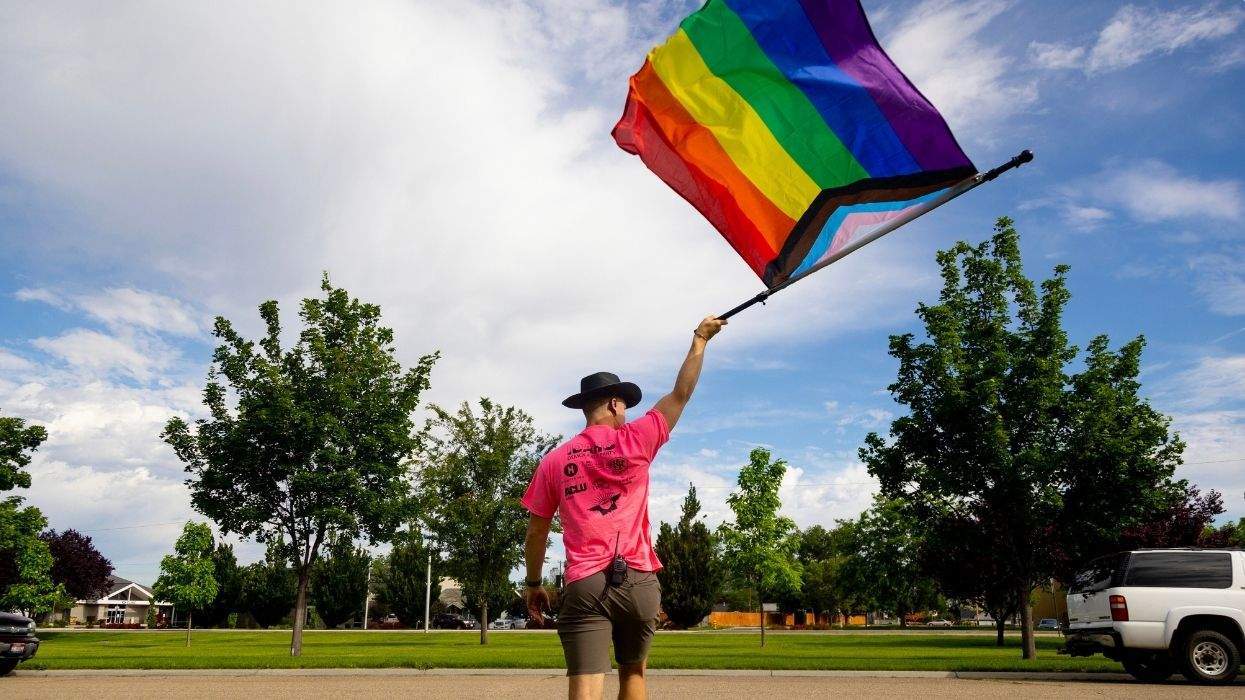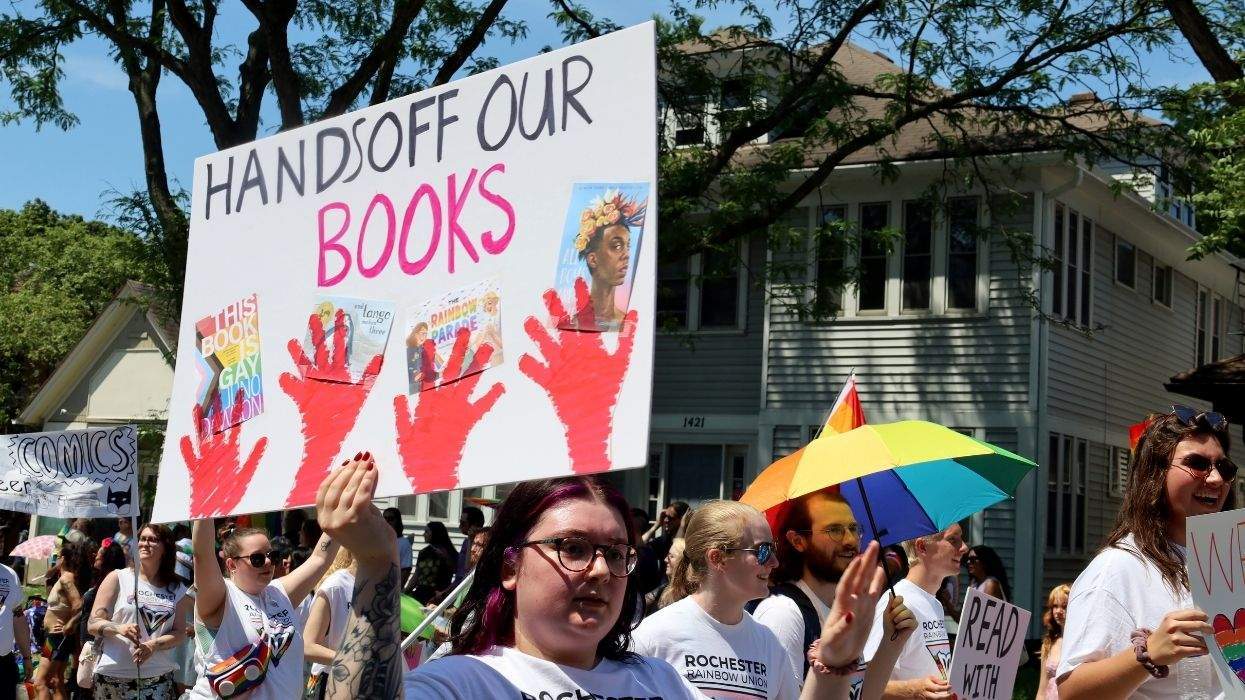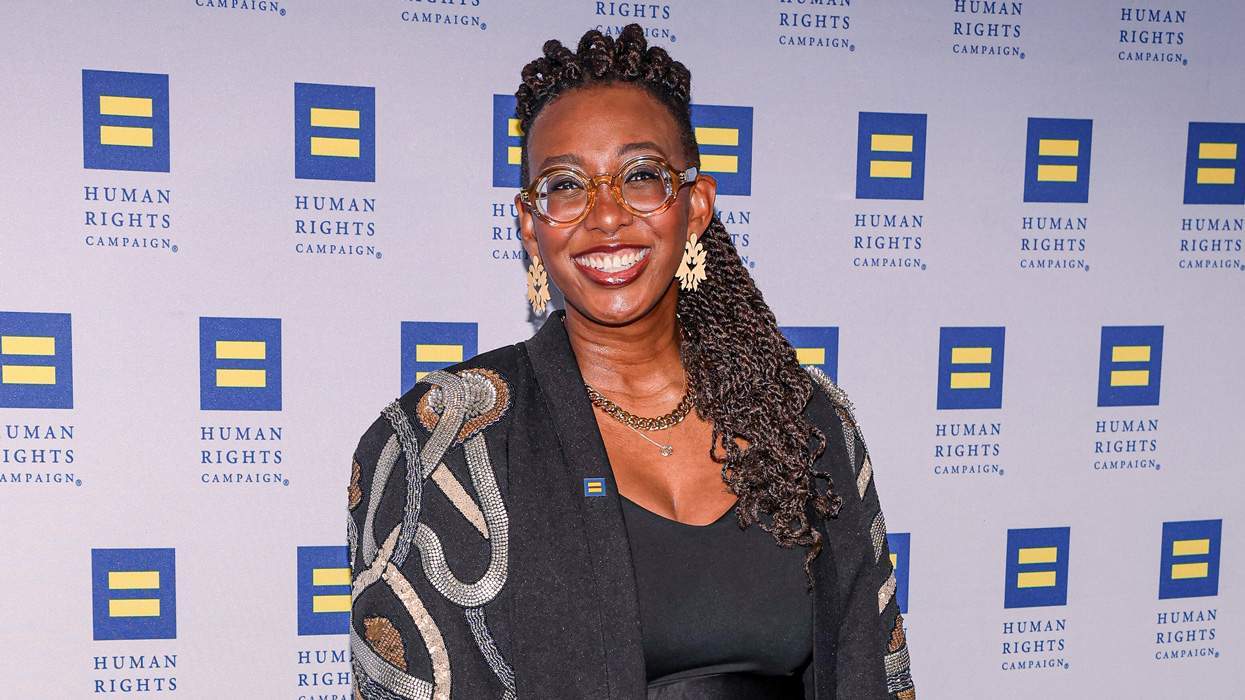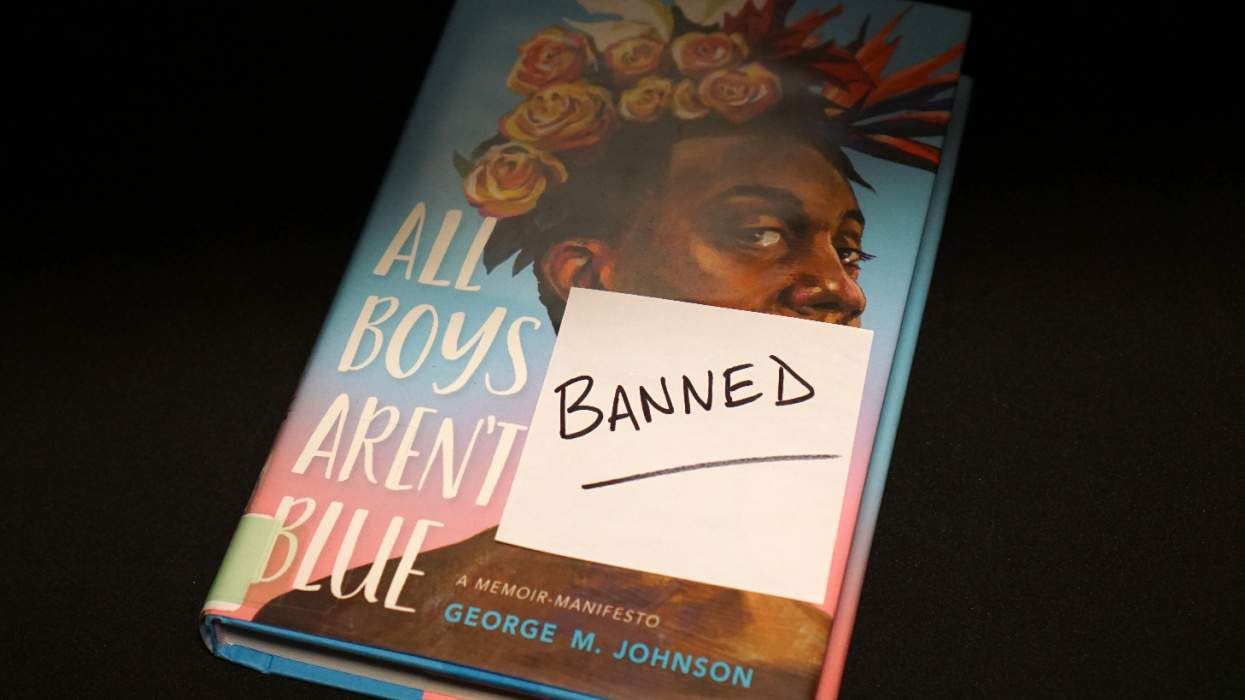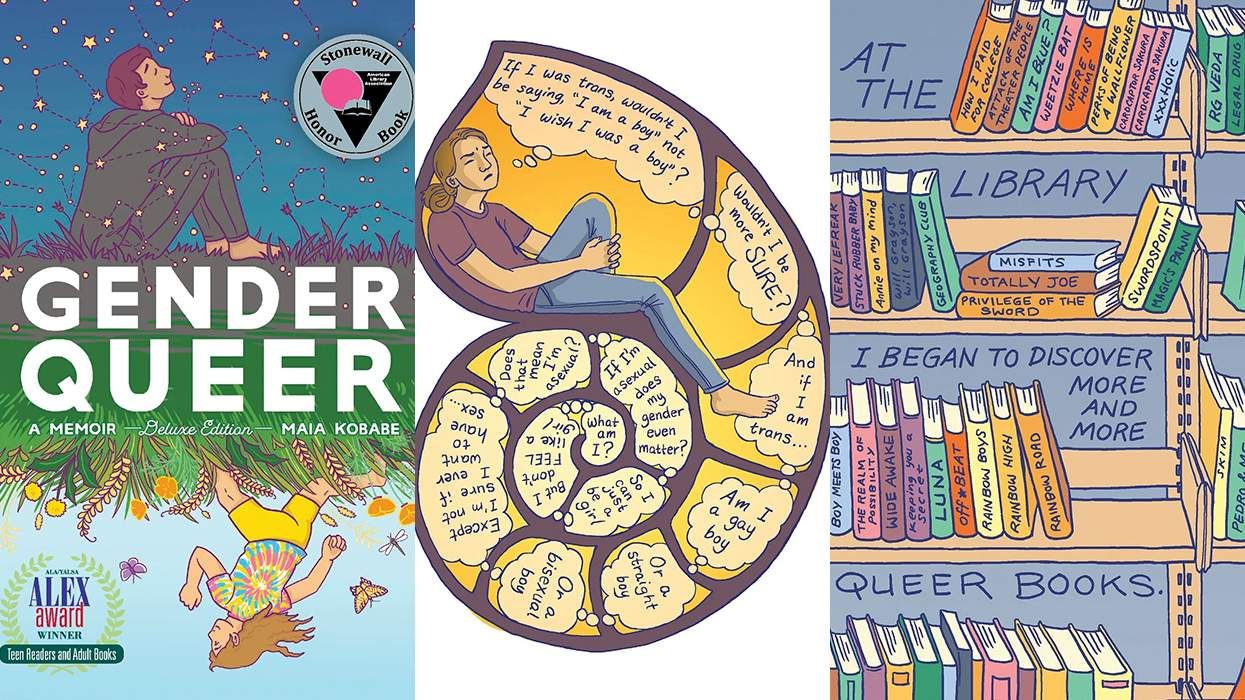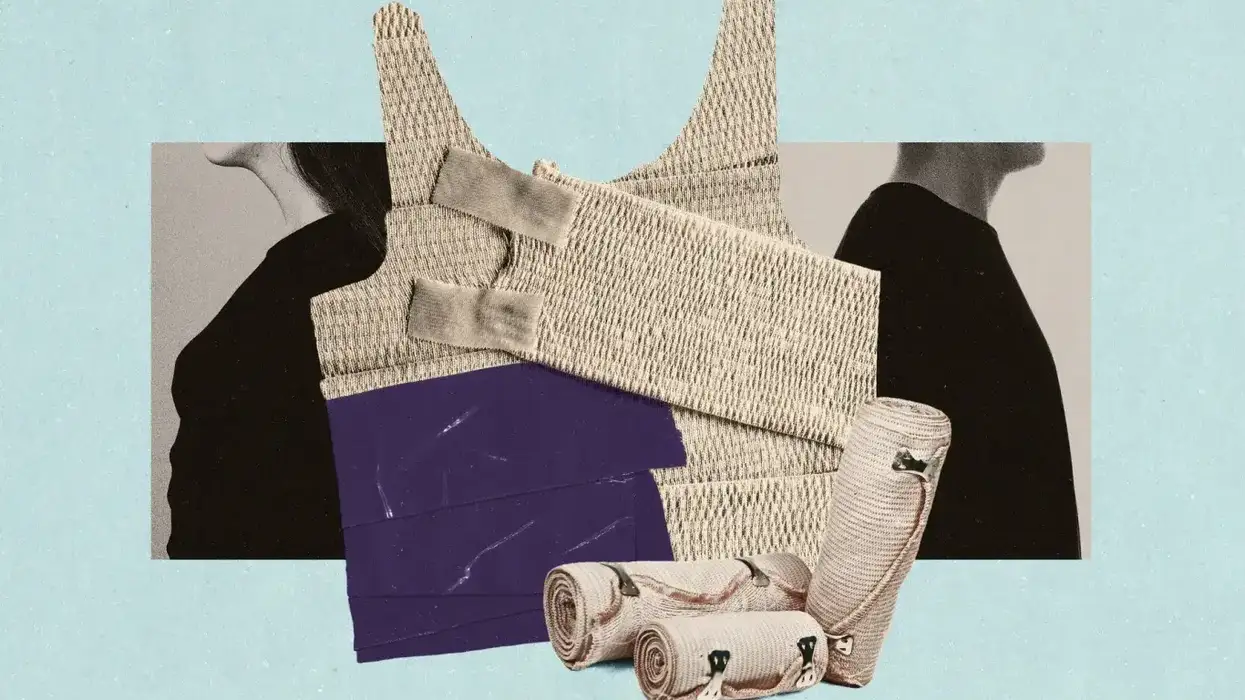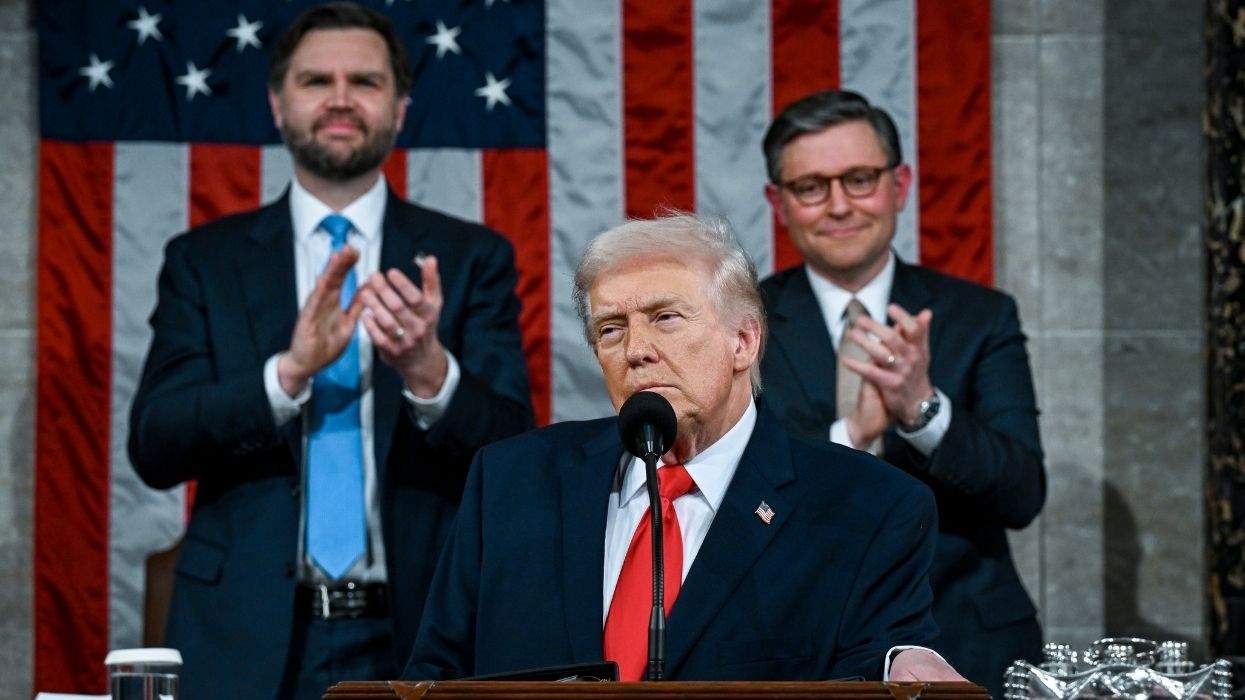Secret City: The Hidden History of Gay Washington by James Kirchick provides an in-depth and exhaustively researched account of the underground world of primarily white gay men through presidential administrations from Franklin Roosevelt's to Bill Clinton's. Kirchick's focus is primarily white gay men since they were predominant during the racist, misogynistic era he covers.
"I do talk about lesbians, but women had very little political power during the Cold War era," Kirchick points out. "It was all about white men, and women didn't have security clearances -- therefore that didn't put them on the FBI's radar."
Moreover, gay male sexuality was much more policed, particularly by the FBI, he explains. "Unlike gay men, women weren't having sex in public places, and gay bars were far more likely to get raided than a lesbian bar," he says. "There were so many more who identified as gay men than there were women who identified as lesbians. I do talk about President Carter adviser Midge Costanza, but it was only confirmed that she was a closet lesbian after she died. So many lesbians and gay men and their sexuality were only revealed after they died, mainly because they could be arrested and lose their jobs."
The biggest surprise that Kirchick says he uncovered involved Ronald Reagan before he became president. "When he was running for president, there was a whole gay aura around Reagan as an actor in Hollywood," he explained. "In 1939, when Reagan was a costar in the film Dark Victory, he was asked to play the gay best friend of the lead character, and he was very uncomfortable about that."
"Then there was the gay scandal in 1967, when Reagan was governor of California, that involved an alleged gay orgy of Reaganites at a house on Lake Tahoe, which is where all the gay rumors began about former Congressman Jack Kemp, who ran as the Republican vice-presidential candidate in 1996 with Sen. Bob Dole," Kirchick notes.
To Kirchick, the the most tolerant president was John F. Kennedy. "This is pre-Clinton, of course," Kirchick points out. "Kennedy's lifelong best friend Lem Billings was gay. In fact, as a teen, Billings wrote Kennedy what amounts to a love letter. Kennedy rebuffed Billings by saying, 'I'm not that kind of boy.' They remained close friends for the rest of their lives."
Of all the gay men in Secret City, Sumner Welles -- who became Franklin Roosevelt's undersecretary of State in 1937 after serving in various diplomatic roles -- was likely the most influential, says Kirchick. "Welles was for all intents and purposes FDR's secretary of State because Cordell Hull, who was secretary of State, was not held in high regard, so Roosevelt really leaned on Welles. When Hull hatched a plot to try and out Welles to Roosevelt, the president protected and defended Welles. He was perhaps one of Roosevelt's top, key advisers during his presidency."
This story is part of The Advocate's 2022 History issue, which is out on newsstands August 30. To get your own copy directly, support queer media and subscribe -- or download yours for Amazon, Kindle, Nook, or Apple News.


